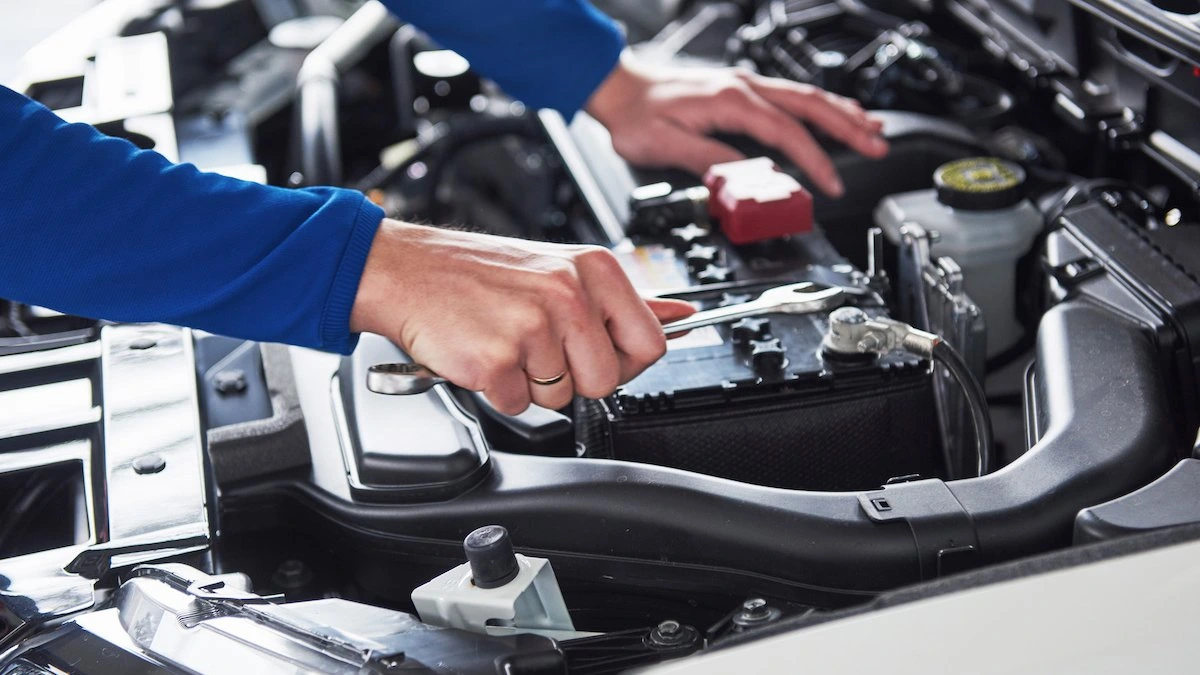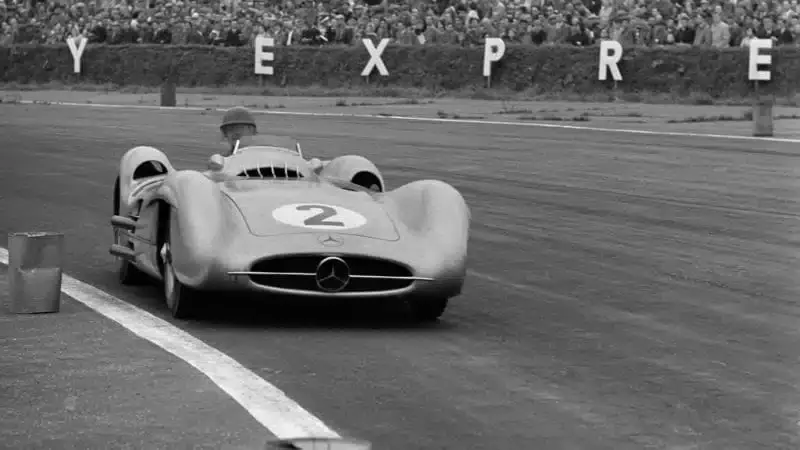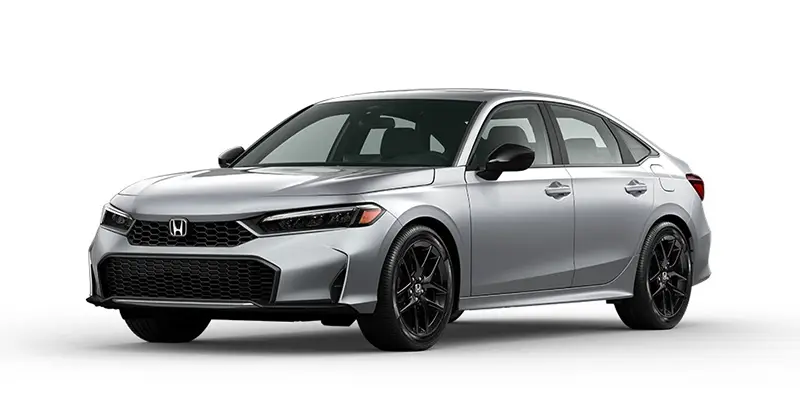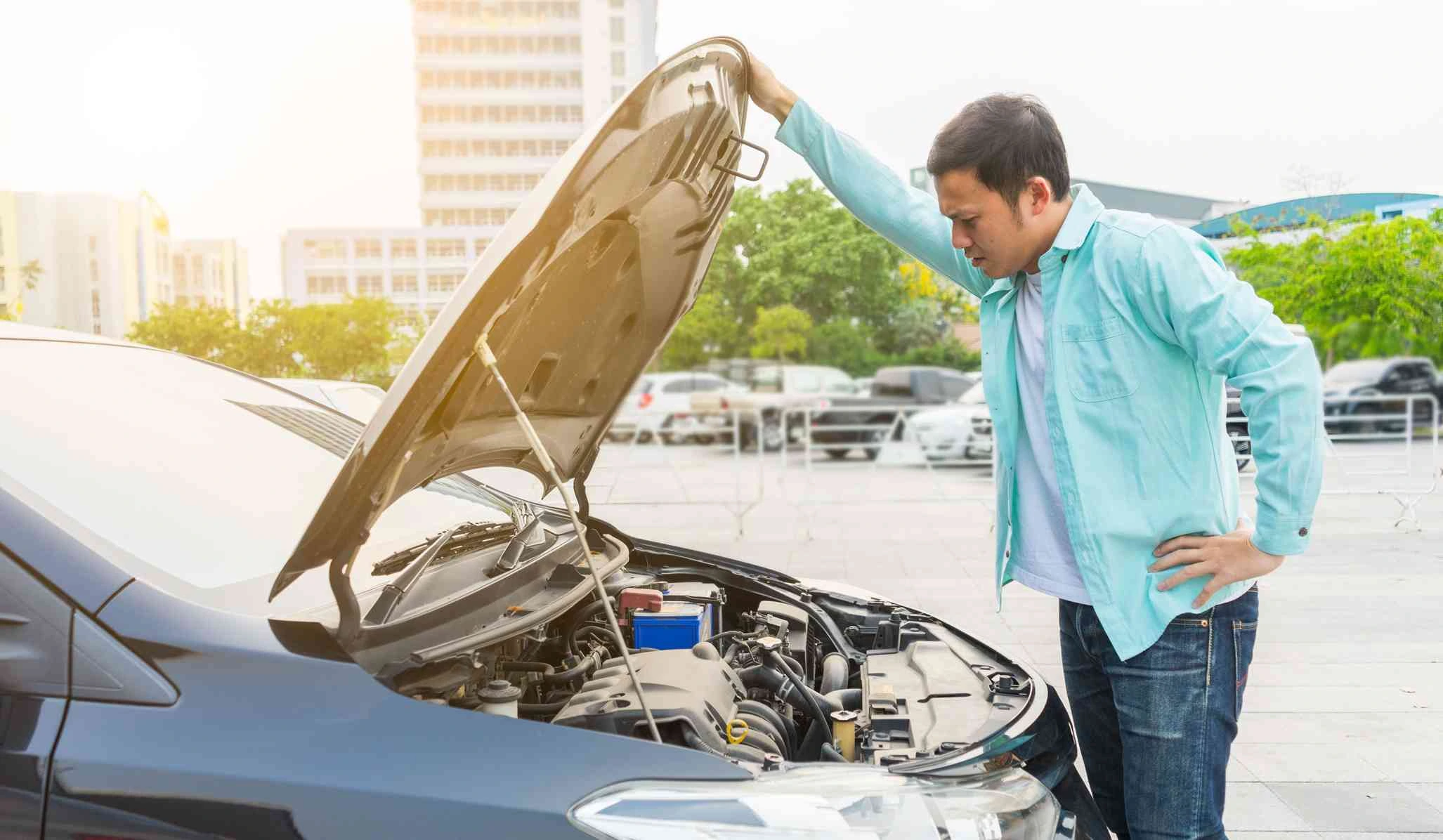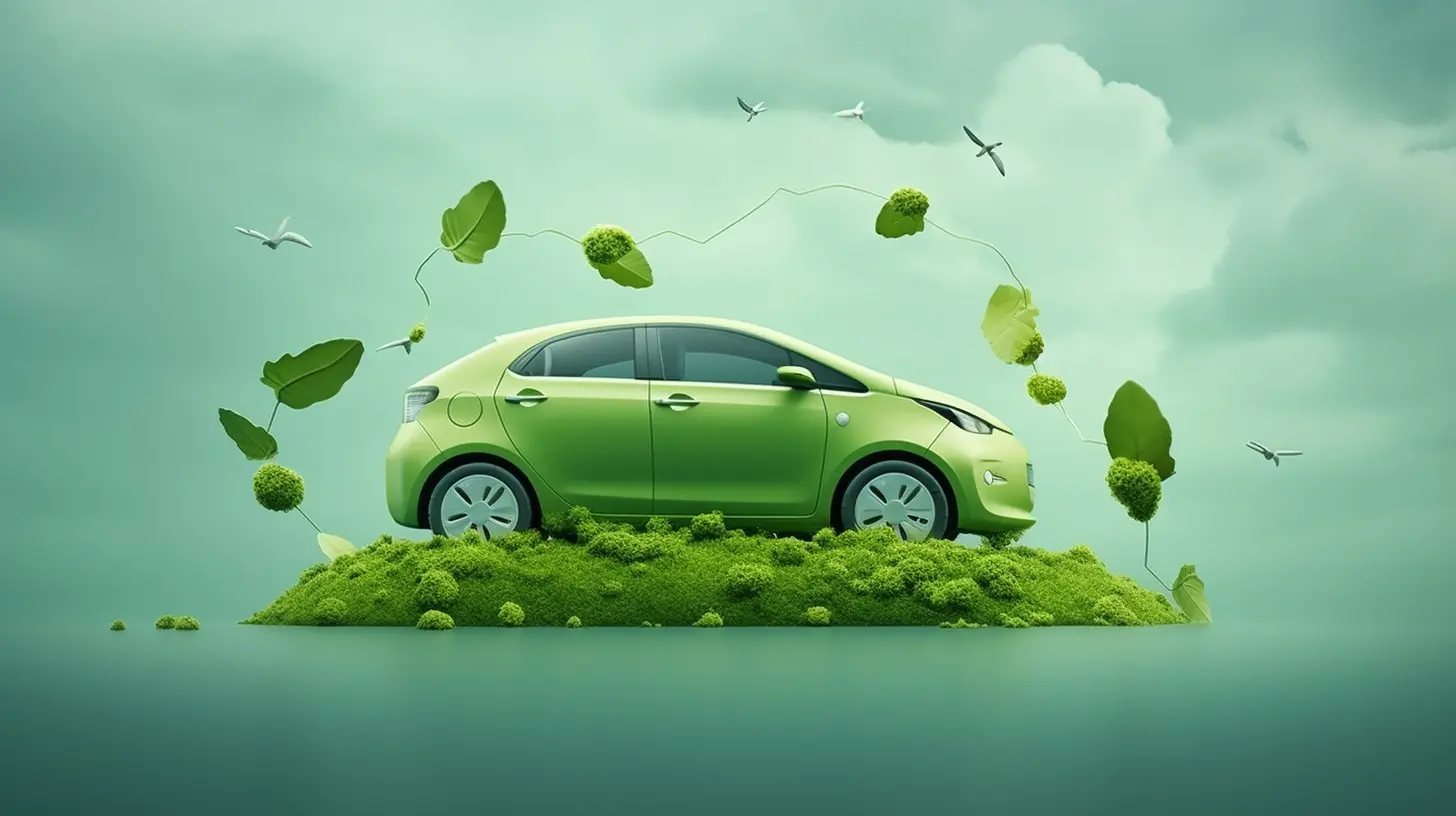An engine in an automobile is its equivalent of its heart. It must run faultless if you want your car to maintain driving. I would want to underline more the need of maintaining the engine fit and effective operation. These ten suggestions on engine maintenance can enable your engine to function indefinitely:
How To Maintain A Car Engine For Longevity
1. Change engine oil often.
You can hardly do this. The engine oil keeps all moving components adequately lubricated, therefore reducing wear and tear. It also captures all the dust, filth, and sediments, thereby preventing their presence in locations they shouldn't be in. Every month check your oil levels; top off if they are low. Manufacturer advice governs oil grade and replacement intervals. Filtering all the trash from the oil and stopping control back into the engine makes the oil filter equally vital. This guarantees a cool and seamless engine running.2. Watch the cooling system closely.
Although automotive engine efficiency has advanced greatly, a lot of energy is wasted during combustion in the form of heat. Heat does not really buddy metals and alloys, from which your car engine is built. As heat dissipation depends greatly on enough of coolant in the tank, always make sure it is there. Perfect is a 1:1 mix of coolant and purified water. On a hot sunny day, also have a glance at the engine temp gauge and turn off your automobile should it be near to overheating.
Read also: Top 10 Winter car maintenance tips
3. Give it some breathing time.
Out of breath? Weary? As much as you do, the engine of your car depends on oxygen. A limited air flow might cause the fuel to burn incompletely, therefore raising pollutants and lowering mileage. Every time you feel too much dirt and trash caught on the air filter, check it and get it cleaned or replaced. Your engine must breathe correctly if it is to keep running and operate as intended.
4. Hunt for leaks.
Stop as you pull out of the driveway to check the parking space for any fluids on the ground. Should the fuel spill, you should see the closest mechanic to have it examined. Under the hood you can also smell or see something leaking. When looking for leaks, fluids you should be on lookout for are engine oil and antifreeze.
Read also: 5 Fall Car Maintenance Tips to Keep Your Car Running Smoothly
5. Don't keep running on reserve fuel.
Silt found in petrol settles at the bottom of your tank. Years of running will surely include some trash that shouldn't reach the engine. Running on low fuel forces this trash into the fuel pump, which can lead to extensive wear. Rather than merely hope it doesn't reach the engine, top up your tank and spare yourself repair/ replacement cost of the gasoline filter and pump.
6. Test your belts.
Essential links to keep everything in balance while an engine operates are rubber belts. You should replace the scream you find coming from under the hood. Though they endure a long time, you should look for cracks and wear indicators in your belts. But, if they break while the engine is operating, "expensive engine components" could be seriously damaged!
7. Refrain from discounting the check engine light.
The subdued scream for aid in your car is this light. Never discount this and have your neighbourhood mechanic check the car right away. Earlier, we discussed what it might imply - Check Engine Light Popping Up? The meaning is as follows here.Basically, this is a self-diagnosis designed to safeguard your engine. Though you never know unless you have it checked, it's not always major every time.
Read also: Top 8 Summer Car Maintenance Checklist: Expert Tips
8. Replace your fuel filter in eight steps.
It filters trash from the fuel, therefore restricting access to the combustion chamber, just as the oil filter does. New filters ensure unrestricted flow of clean fuel to the engine and fuel pump. This guarantees minimal build-up inside the engine and quenchment of its fuel need.
9. Replace wires and spark plugs.
One uses the spark plug as a fire starter. Its lengthy life lifetime means less maintenance and starts the air-fuel mixture in the cylinders. Constant maintenance guarantees that the engine keeps its spark. Sometimes they hardly even need a replacement. As so much soot builds up around the electrode over time, some cleaning can be quite beneficial.
10. Your engine hates revving merely to come to a total stop.
Engine design calls for running constant speed. This is their finest performance period. Too much variance in the revs tires it out and causes damage. On the engine, city driving—where you continuously move and stop—is quite demanding. Try not to turn too tightly. When you know you have to stop again, stay sure footed and avoid over-accelerating. Whenever at all feasible, try keeping to the highway. This will keep that engine going for longer and get you greater mileage (now you know why driving on the highway results in less fuel consumption).
11. Do not revv hard:
When you treat engines with respect, they seem to be friendly and laid back. Not only can hard engine running reduce fuel economy but also performance. Let the Revolutions Per Minute (RPM) needle cross the red line; else, your engine will suffer greatly and stress will be generated.
The most costly component of an automobile is its engine; so, we hope you will pay great attention to the above ideas and save a lot on the maintenance expenses. Speaking about saving, many people do not renew their insurance in order to cut costs. Search Cholamandalam vehicle insurance for the cheapest rates.
12. Avoid discounting the warning light.
Don't disregard an engine icon you find on the instrument cluster—usually found in orange color close to the speedometer. It points to an engine fault. It can concern battery, alternator or another engine component, engine temperature, or any other aspect. Give quick attention before it becomes a major problem.
.png)
